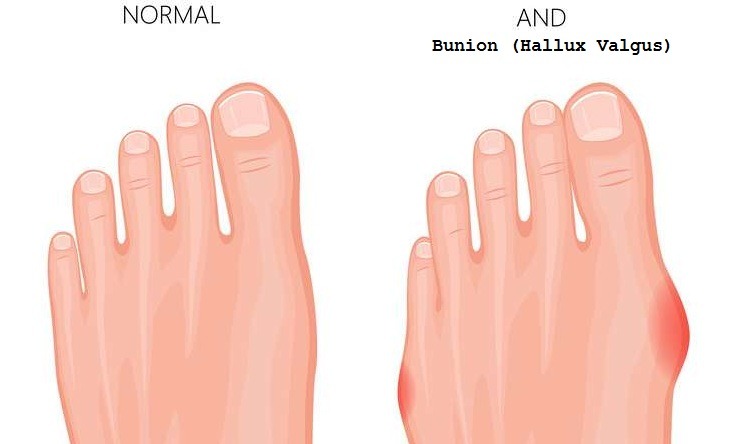Knee Prosthesis Surgery (bilateral)
We observe that the problem is usually bilateral in patients who apply to our practice with knee pain and limitation of movement. If we decide a total knee prosthesis surgery for both knees depending on the examinations and inspections performed, the most frequently asked questions is whether the surgical procedure will be performed separately for each knee or at the same time in one session.
Total knee prosthesis surgeries are performed in patients with advanced arthrosis of their knees who do not benefit from non-surgical methods or smaller surgical procedures. The goal is to eliminate pain, correct curvature and provide greater range of motion. Colloquially, the calcified bone and soft tissues that have lost their qualities are removed from the knee joint and metal coating and high density hard plastic are placed in between in place of these removed parts.
Differences between Single or Double Session Surgeries
Advantages of performing both knee surgeries at the same time are; Good, perfect functionality, in other words ensuring mobility, the risk of anesthesia is single, postoperative rehabilitation can be applied symmetrically and the cost is lower. However, factors such as the doubling the duration of surgery and anesthesia in a single operation and the increase in blood loss during and after the operation compared to a single session appear as disadvantages.
Consultations and examinations, especially Internal Medicine, Cardiology, Anesthesia, are crucial in patients who will undergo major surgery such as knee replacement surgery. Detection of cardiovascular system disease, presence of diabetes, presence of an infection in the body may cause complications during or after the surgery. The general health status and age of the patient, for such cases are revealed by the examination, helps us in the decision of how many sessions the surgery will be performed for.
Our general approach to knee prosthesis surgery in our clinic is to operate both knees at the same time in patients under the age of 70, unless there is a significant health problem. In patients we operate as a single knee in a single session, the average hospitalization period after surgery is four days, blood transfusion need is 2 Units. In patients we perform a bilateral surgery, the average hospitalization period is seven days, and the need for blood transfusion is about 4 units. We did not observe a significant difference in terms of infection risk in bilateral knee prosthesis applications compared to our unilateral applications.
Knee replacement surgery, which is a treatment to regain painless knees and walk comfortably, is applied very successfully with our experienced team. Our first priority is for the patients to experience the stress and difficulties of the operation once, if the health condition of the patient allows.
Click for other knee diseases!
Check out the prosthetic products we use in surgical interventions!








